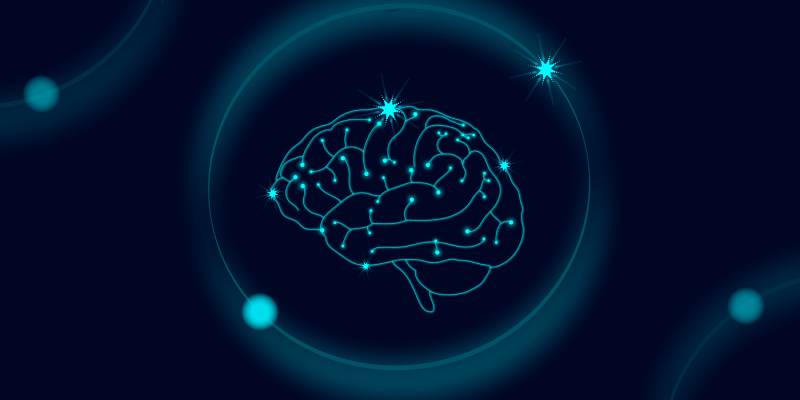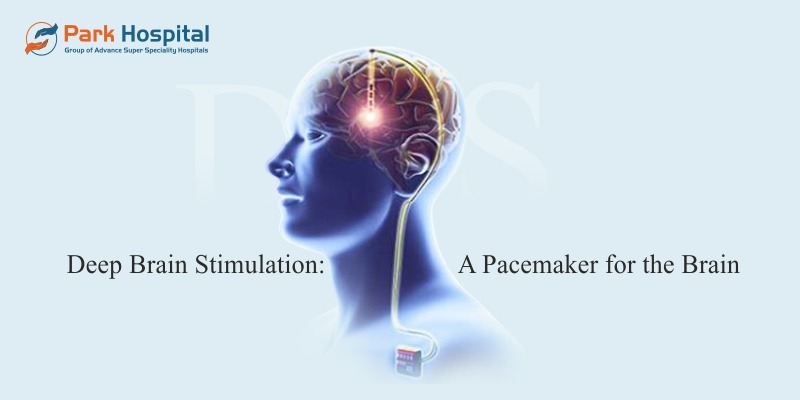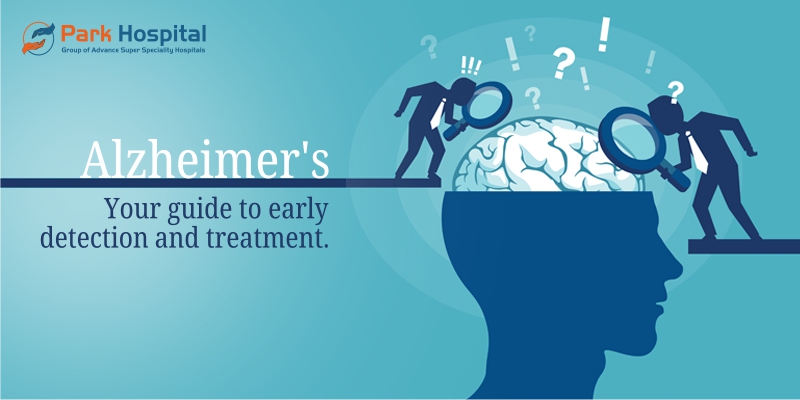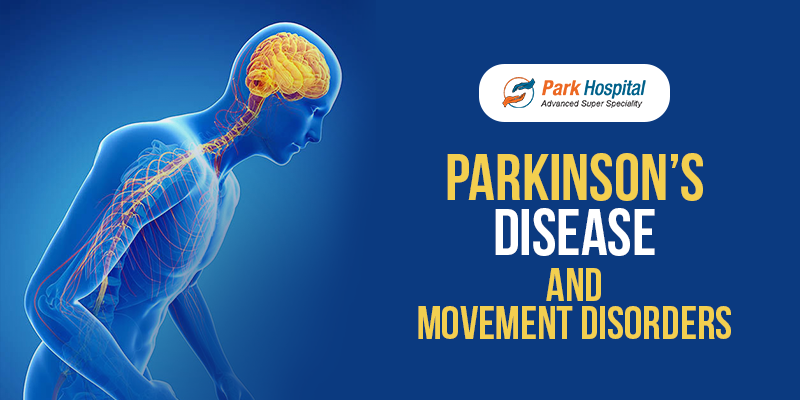Medical conditions have had a long history of stigma attached to them. One of the most famous ones throughout human history is Epilepsy or as sometimes referred to in the common tongue, seizures.
Epilepsy is a neurological disorder; one of the first to be recognized and recorded by humans, with a history of over 4000 years. Since then, the condition has had an aura of myth, discrimination and stigma carried over to present in many parts of the world.
Simply put, Epilepsy is defined as a condition involving repeated seizures. The people who undergo at least one seizure during their lifetime do not qualify as epileptic. One has to have at least two.
What are seizures?
Seizures are involuntary spasms caused by excessive electrical discharge among clusters of brain cells. They have the following characteristics:
- They may involve one or many organs.
- The various types of seizures range from minor twitches and lack of awareness to violent episodes resulting in loss of consciousness.
- Their frequency varies erratically from person to person.
Symptoms and Diagnosis of Epilepsy
Symptoms of seizures are general or localized depending on the affected area. Since epilepsy is caused by a disturbance in the brain the most common symptom is a lack of coherence or awareness. Other symptoms include:
- Disruption of movement, senses, or other cognitive function depending on the severity and the affected area.
- Uncontrollable jerks/convulsions in the body
- Stiffness of muscles and joints
- Psychological symptoms like anxiety and déjà vu
Symptoms vary on the type of seizure and from person to person. A single person with recurring attacks begins to show common patterns among attacks. The biggest problem with epilepsy is the uncontrolled physical trauma associated with it. Injuries and bruising are common among patients. The majority of premature deaths due to epilepsy owe themselves to physical causes- falls, drowning, burns, and prolonged seizures.
Causes of Epilepsy
Epilepsy is not a contagious disease. It affects millions around the world and in almost half the cases causes can not be determined. Apart from ‘reasons unknown’, some of the pervasive causes of epilepsy are:
- Brain damage incurred during birth or gestation
- Abnormalities or associated brain malformations such as arteriovenous malformations (AVMs) and cavernous malformations,
- A severe head injury or a stroke causes a lack of oxygen transfer to the brain
- An infection of the brain such as meningitis, encephalitis, or neurocysticercosis; or a brain tumor
- Some specific genetic syndromes
How to treat Epilepsy?
Seizures can be controlled by appropriate medications. Low-cost medication for epilepsy has been achieved, but it needs to continue for long periods of time to discount someone as free of disorder. Recurrent seizures can be predicted via EEG and can be treated and controlled.
Surgery can be an option for patients who do not respond to drug treatment, otherwise, treatment of epilepsy is a non-sophisticated process, although it requires consistency and vigilance.
When to see a doctor?
As seizures are involuntary and often can not be predicted, they can turn deadly under certain conditions. One must immediately consult a doctor in case of the following:
- The seizure lasts for longer than a few minutes or the effects like disorientation or breathing problems last a long time after it has abated. Sometimes a second seizure follows immediately afterward
- If the patient is pregnant or diabetic
- Recurrence of seizure even after medication
By now we know that Seizures are not signs of demonic possessions but just an unfortunate medical condition that can be treated with care and patience. Many smaller, low-income countries or even parts of bigger countries still have a prevalent stigma attached to the disorder. These must be weeded out with education and awareness.
It also must not be forgotten can seizures can be immensely dangerous in some conditions. Sometimes it leads to accidents that can not be prevented. Sometimes, there are instances of sudden deaths which can not be explained.
That is why it is very important to be aware of symptoms, take necessary precautions and avail right care.
If you have epilepsy or symptoms related to it, visit your nearest neurosurgeon or you can contact us. Park Hospitals are a group of well-equipped hospitals in and around Delhi including one in Panipat. To get the Best Neurologist in Panipat visit your nearest Park Hospital Panipat .










